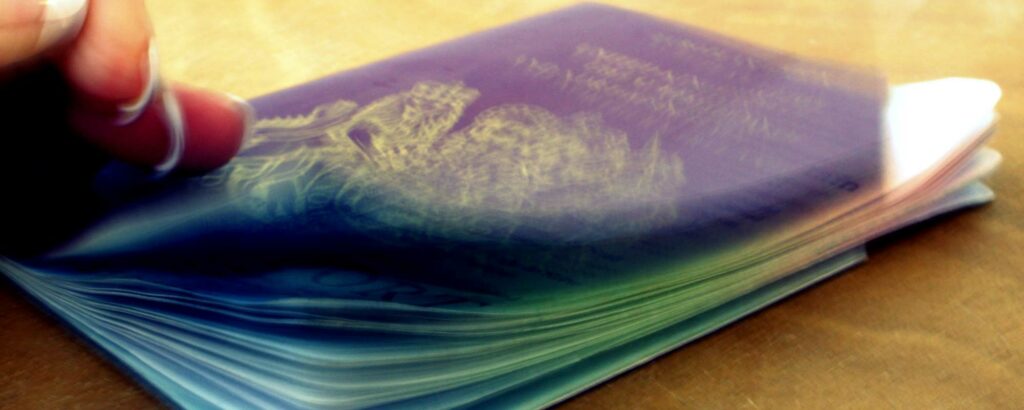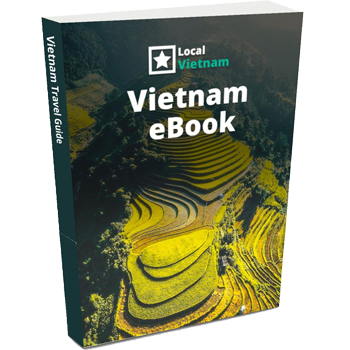Important to know
- British National Overseas (BNO) passport holders are not eligible for the 45-day free visa exemption. Therefore, individuals holding BNO passports must obtain a valid visa in order to visit Vietnam.
- Foreign passport holders are exempt from visa requirements for stays of up to 30 days when visiting Phu Quoc island. Even if they transit through other international airports in Vietnam before arriving in Phu Quoc, they are still eligible for this exemption.
- Holders of APEC Business Travel Cards (ABTC) with valid passports are exempt from Vietnam visa requirements for stays of up to 60 days.
- Since July 01, 2020, the previous 30-day gap requirement between two entries has been removed. Visitors from visa-free countries can now exit and re-enter Vietnam immediately without having to wait for 30 days.
- There is a proposal under consideration for a 45-day visa-exempt stay for travelers from European countries, Japan, and South Korea (Source: vnexpress)
List of countries for visa exemption
According to Resolution No. 32/NQ-CP released on 15th March 2022, there is a list of 25 countries whose citizens are exempt from obtaining a visa to enter Vietnam. Foreign individuals from these countries simply require a valid ordinary passport with a minimum validity of 6 months and at least 2 blank pages for stamping purposes. Additionally, Vietnam extends visa-free entry to many individuals holding diplomatic passports.
| Countries | Passport Required | Maximum Stay |
|---|---|---|
| Belarus | Yes | Maximum 45 days |
| Brunei | Yes | Maximum 14 days |
| Cambodia | Yes | Maximum 30 days |
| Chile | Yes | Maximum 90 days |
| Denmark | Yes | Maximum 45 days |
| Finland | Yes | Maximum 45 days |
| France | Yes | Maximum 45 days |
| Germany | Yes | Maximum 45 days |
| Indonesia | Yes | Maximum 30 days |
| Italy | Yes | Maximum 45 days |
| Japan | Yes | Maximum 45 days |
| Kyrgyzstan | Yes | Maximum 30 days |
| Laos | Yes | Maximum 30 days |
| Malaysia | Yes | Maximum 30 days |
| Myanmar | Yes | Maximum 14 days |
| Norway | Yes | Maximum 45 days |
| Panama | Yes | Maximum 90 days |
| Philippines | Yes | Maximum 21 days |
| Russia | Yes | Maximum 45 days |
| Singapore | Yes | Maximum 30 days |
| South Korea | Yes | Maximum 45 days |
| Spain | Yes | Maximum 45 days |
| Sweden | Yes | Maximum 45 days |
| Thailand | Yes | Maximum 30 days |
| United Kingdom | Yes | Maximum 45 days |
What is Vietnam visa exemption?
Vietnam’s visa exemption policy, also known as visa waiver or visa-free policy, allows foreigners to enter and stay in Vietnam for a specific duration without the need to apply for a visa or pay visa fees. This policy is implemented by the government and applies to individuals who are citizens of one of the 25 eligible countries for Vietnam visa exemption, provided they meet the prescribed conditions.
Other visa exemptions
Phu Quoc Visa exemption
The Phu Quoc Visa Exemption refers to a special policy that allows foreign passport holders to visit Phu Quoc Island, located in Vietnam, without the need for a visa. Under this exemption, travelers can stay on the island for a maximum period of 30 days. This policy applies to both tourist and business purposes.
It’s important to note that the visa exemption only applies to visits specifically to Phu Quoc Island. If you plan to visit other areas in Vietnam or transit through other international airports in the country before arriving at Phu Quoc, a valid visa is required.
To take advantage of the Phu Quoc Visa Exemption, you must meet the following criteria:
- Hold a valid passport with a minimum validity of 6 months.
- Intend to stay in Phu Quoc for no longer than 30 days.
- Have a confirmed return ticket or onward travel arrangements.
It’s always advisable to double-check the current visa regulations and requirements before planning your trip to Phu Quoc, as immigration policies can change over time.
Certificate of visa exemption
The Certificate of Visa Exemption is an official document issued by the Vietnamese government that exempts certain individuals from the requirement of obtaining a visa to enter Vietnam. It serves as an alternative to a traditional visa and allows eligible travelers to visit Vietnam for a specific duration without the need for visa application and fees.
The Certificate of Visa Exemption is generally granted to the following categories of individuals:
- Vietnamese citizens living abroad: Vietnamese citizens who hold foreign passports or have acquired foreign nationalities are eligible for the certificate when returning to visit their home country.
- Foreign nationals with Vietnamese heritage: Individuals of Vietnamese descent, regardless of their nationality, can apply for the certificate to facilitate their visits to Vietnam.
- Individuals eligible for visa exemption agreements: Vietnam has bilateral agreements with certain countries that allow their citizens to enter Vietnam without a visa for a specified period. The Certificate of Visa Exemption serves as proof of eligibility under these agreements.
Staying longer than maximum days
If you wish to stay longer in Vietnam beyond the maximum duration allowed by your visa exemption, it is understandable as most visa exemptions grant a stay of up to 45 days. While it is possible to extend your stay, the process can be quite cumbersome. Extension requests require sponsorship from Vietnamese agencies or organizations, and there are additional costs involved.
Considering the potential difficulties and expenses associated with extending a visa exemption, a more convenient option would be to apply for a Vietnam e-visa. The e-visa allows a longer stay of up to 90 days and can be easily obtained online. The application process is straightforward, and the cost is $25 USD.
Read here how to obtain an Vietnam e-visa.



